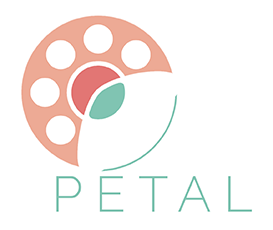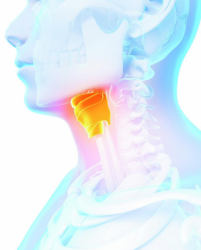

LARYNGECTOMY.NET
Laryngectomised patient: health care process
The announcement of the cancer and of the surgery is carried out during the consultation with the surgeon (medical announcement).
If the patient accepts the surgery, a paramedical consultation is proposed to the patient and his/her family. It takes place between the medical announcement and hospitalisation. Its purpose is preparing the patient to the surgery. The patient and/or his/her caregiver meets the medical and paramedical team (nurse, speech pathologist, dietician, social assistant). The surgeon provides explanations concerning the surgery and then goes away and gives the paramedical team the floor. The latter continues with the patient and/or the caregiver to present the explanations given and answers questions.
This consultation allows determining the needs of the patient and his/her family. It allows building up mutual trust between the patient and the department.
We have observed a beneficial effect of this consultation with an improved management and better postoperative course.
The next thing is the surgery phase. The patient is admitted in the department the night before surgery. He/she is met by the paramedical team (RN and assistant nurse) who take down the information already provided, if necessary. The patient is hospitalised for approximately 2 to 3 weeks. During these post-operative period, the teams work together to achieve a return to the autonomy of the patient. Therapeutic educational workshops concerning tracheostomy care, emergency procedures, feeding, communication and resources are provided. Their objective is to prepare the hospital discharge.
Once the return home has been scheduled, the RN in charge of the patient coordinates the different actors. A service provider is contacted as well as the private practice nurse and the general practitioner who treats the patient. The objective is to verify that the patient returns home under good conditions.
Once the patient is at home, the private practice nurse and the general practitioner take over. They can contact the hospital at any moment if necessary. The patient needs to go back to hospital for control consultations with the surgeon. He/she is also invited with his/her caregiver to attend post-surgery workshops which are characterised by their additional focus on the psycho-social aspects, in the form of group exchanges.

